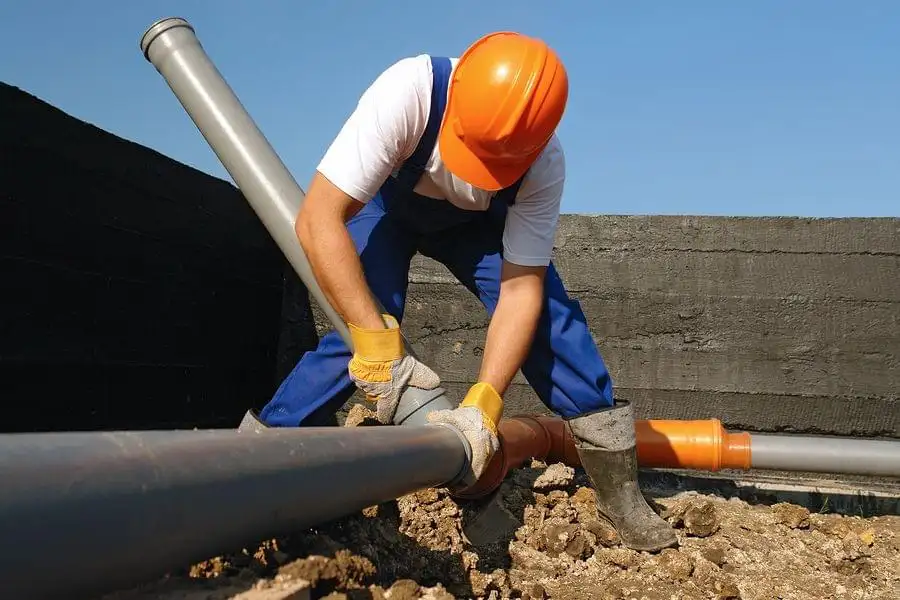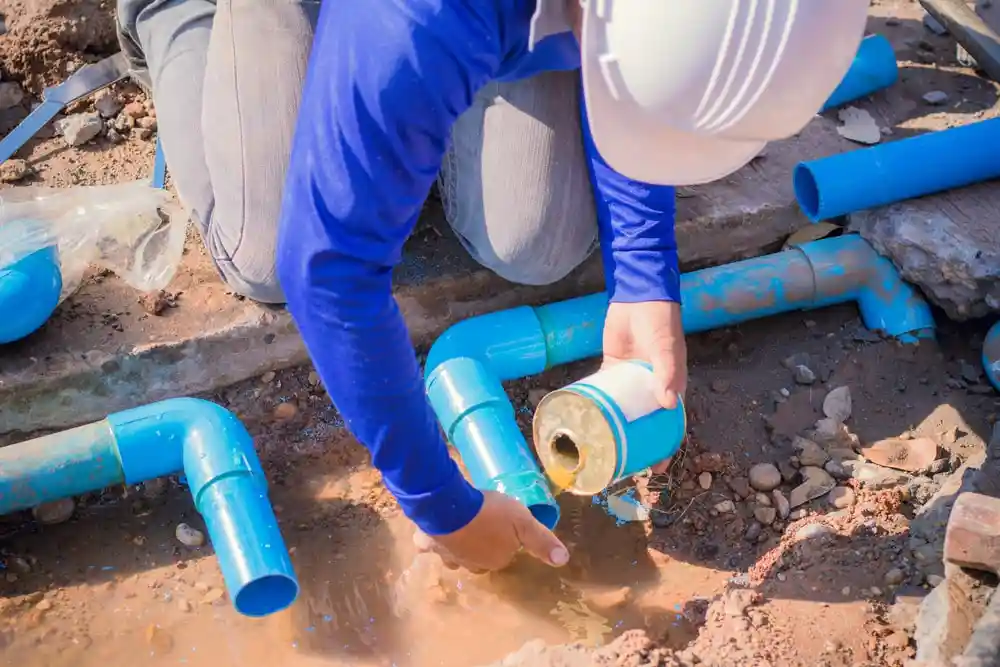How to Choose the Right Contractor for Sewer Line Repair
A failing sewer line can turn a calm week into a big headache. You want the repair done quickly, you want it done right, and you do not want surprises on the bill. The contractor you choose matters more than any single tool or technique. This guide walks you through a simple, confident way to hire the right pro and protect your home.
Start with a real diagnosis
Good contractors begin with proof, not guesses. Request a camera inspection of the line and a location report that shows the pipe’s route. Request a copy of the video and the notes. You should see the blockage, cracks, roots, or offsets that are causing trouble. A clear diagnosis leads to a precise plan, a cleaner job site, and fewer change orders later.
Verify licenses, insurance, and permits
Before you talk price, confirm qualifications. The company should carry an active plumbing license, general liability insurance, and workers’ compensation. Ask for the license number and the name of the insurer. Sewer work often needs city permits and inspections. A reliable contractor handles that paperwork for you and explains when inspectors will visit. If a bidder says permits are not needed, consider that a warning sign.
Understand your repair options
There is more than one way to fix a sewer line. A trustworthy contractor will explain the options that fit your home and budget, then help you choose.
- Spot repair: Replace only the failed section. Best for isolated cracks or small offsets.
- Open trench replacement: Dig, remove the old pipe, and install the new. Best for heavy damage along a longer run.
- Trenchless lining: Insert a resin liner that hardens inside the old pipe, creating a smooth new interior. Good for minimal digging and fast turnaround.
- Pipe bursting: Pull a new pipe through while breaking the old one apart. Good for long runs and severe damage.
Ask for pros and cons for each method, expected lifespan, and how the choice will affect your yard, driveway, or slab.
Get apples-to-apples estimates
Make it easy to compare written estimates by asking each contractor to price the same scope and details. Request a detailed description of the work that includes pipe length, depth, and materials. Confirm the equipment and method they propose to use, trenchless lining or open trench. If your line runs near the street, make sure traffic control and sidewalk are considered. Permits, city fees, and inspections should be listed as line items.
Require a written restoration plan that includes soil, sod, concrete, or pavers to leave the property looking correct when the job is done. Ask for a realistic timeline that provides for daily start and stop times, and the total duration of water service interruption. Cleanup and haul away should be included in the price. Get warranty terms in writing. A bid that is far below the rest is usually missing tasks or has weaker materials and shorter warranties built in. A clear and complete estimate costs less in the long run.
Ask the right questions
Keep these simple questions handy when you speak with each bidder.
- How many jobs like mine have you completed in the last year
- Can I see camera footage from a recent project with the same method
- Who is my day-to-day contact during the job
- What is the plan if we find extra damage after work begins
- How will you protect my landscaping, floors, and driveway
- Who restores concrete or pavers, and when does that happen
- What happens if it rains or the trench fills with groundwater
Straight answers show experience and respect for your home.
Look for strong warranties and solid materials
Warranties should cover both labor and materials. Ask how long the warranty lasts and if it is transferable to a new owner. Confirm the pipe materials that will be installed. Many homes use PVC or HDPE for new work. For liners, ask about thickness, cure method, and third-party approvals. The contractor should explain what could void the warranty and how to avoid that.
Check reviews and references the smart way
Online stars tell part of the story, but recent references matter more. Ask for two or three customers from the last six months. When you call, ask if the crew showed up on time, kept the site tidy, and stuck to the estimate. If the contractor resists sharing references, keep looking.
Expect safety and property protection
Sewer work involves heavy equipment and deep holes. A professional contractor calls utility locating services before digging. Crews use shoring or trench boxes where needed. Indoors, they lay floor protection and seal off work areas. Outside, they fence off open trenches and place clear signage. At the end of each day, the site should be safe and reasonably clean.
Know What Repair Day Looks Like
On the first morning, the foreman reviews the plan with you, confirms utility shut-offs, and sets up protection. If trenchless methods are used, small access pits are dug at entry and exit points. If an open trench is required, soil is placed on tarps to protect the lawn. Most contractors keep you updated at lunch and before they leave for the day. At the end, ask to see a final camera inspection that proves the line is clear and correctly repaired.
Compare Two Finalists With A Simple Checklist
Use this quick list to make the final call.
- Licensed, insured, and permit-ready
- Clear camera proof and a written scope
- Method fits the problem and your property
- Line item estimate with restoration and cleanup
- Reasonable timeline and daily communication plan
- Strong, written warranty
- Recent references who would hire them again
Pick the company that explains the work in plain language and treats your questions with patience. That is the team that will handle surprises calmly and finish well.
Red Flags You Should Not Ignore
Walk away if you see any of these.
- Only verbal quotes or missing details
- Refusal to share the license number or proof of insurance
- Pressure to sign today with a huge discount
- No mention of permits or city inspection
- Cash-only requests
- No camera footage or a claim that cameras are not needed
A good contractor earns trust by being transparent.
Aftercare and prevention
Once your line is repaired, treat it well. Do not flush wipes, even if the package says they are flushable. Keep grease, coffee grounds, and stringy vegetables out of the sink. Schedule a preventive camera check if you have large trees near the line or if your home has shifting soil. A quick look every couple of years can prevent another emergency.
Final thoughts
Choosing a sewer line repair contractor does not have to feel risky. Start with clear evidence, hire licensed and insured pros, compare complete estimates, and look for strong warranties. Take an extra ten minutes to call references. The right team will protect your property, finish on time, and stand behind the work. Your sewer line will flow freely, and you can put this problem behind you with confidence.




